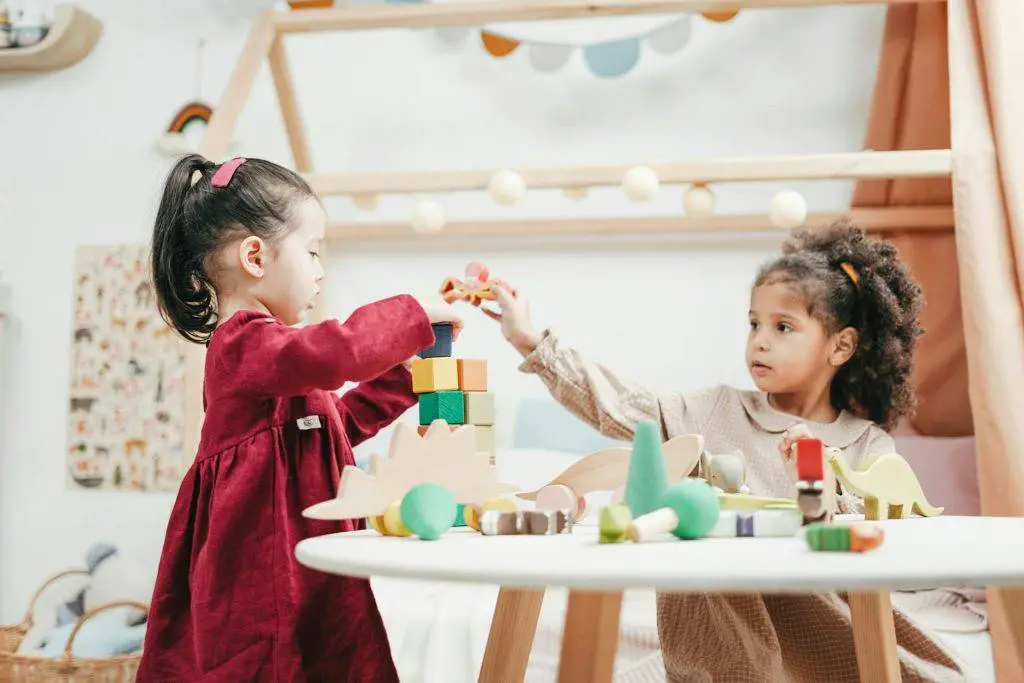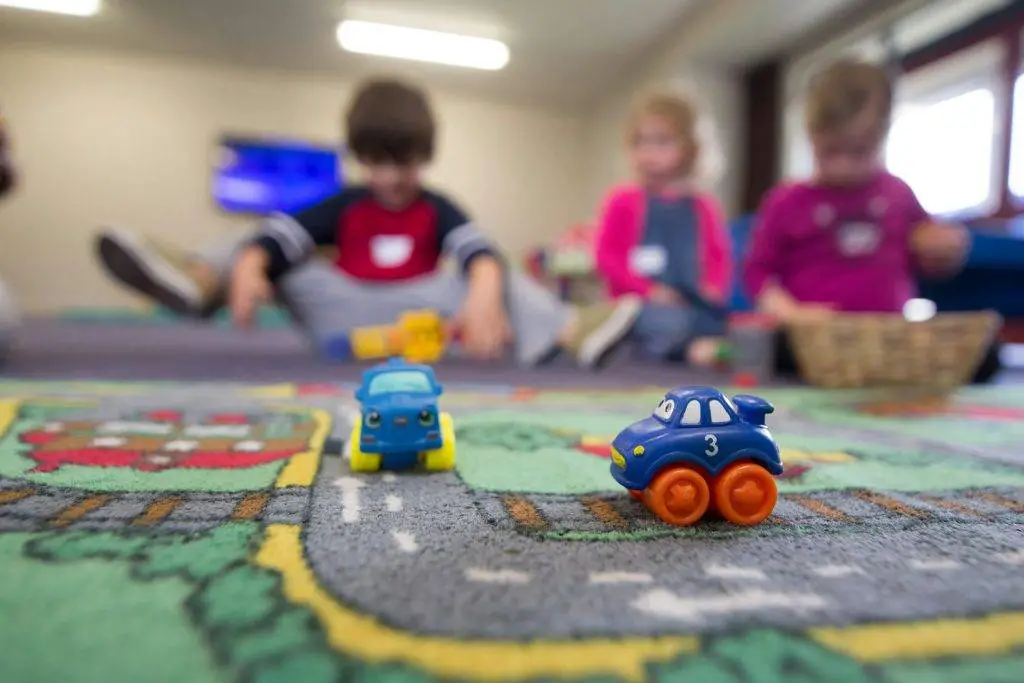These two vital services should not operate in isolation because the early years of a child’s life are an important window for learning and development. When you combine nurturing care with meaningful education, you give children the best possible foundation for future success. It’s not just about keeping children safe while their parents work – it’s about stimulating their minds, encouraging emotional growth, and helping them build life skills. Research consistently shows that early education has long-term benefits for both academic achievement and personal well-being. Parents, educators, and communities all benefit when these systems work in tandem.

The Importance of Early Learning
When children are cared for in an environment that also prioritizes education, they are more likely to thrive academically and socially. Early learning experiences, whether through structured activities, play, or one-on-one interaction, promote critical thinking, problem-solving, and creativity. These experiences help children develop language and literacy skills, which are the foundation for future academic success. Early learning experiences are most effective when they take place in nurturing environments, which is why many parents begin their search by trying to find child care near me that also highlights educational development. The combination of care and education nurtures curiosity and a love for learning from a young age.
Social and Emotional Development
When childcare and education go hand in hand, children benefit from a more structured environment that helps them learn to interact with their peers, manage their emotions, and resolve conflicts. High-quality early education programs include social-emotional learning components that teach children how to communicate their feelings, express themselves appropriately, and work in teams. These skills not only prepare children for school but also for life beyond the classroom. Children who attend settings that blend childcare with education are better equipped to navigate social interactions and build healthy relationships, an important skill set for personal and professional success in the future.
Parental Support and Involvement
Parents often struggle with balancing their careers and child-rearing responsibilities, and the convenience of a single provider that offers both childcare and educational activities alleviates this burden. Parents can feel confident knowing that their children are in a safe environment that nurtures both their care and learning needs. Educational settings that focus on building strong relationships with parents also allow for better communication about their child’s progress, challenges, and overall well-being. Parents can play an active role in their child’s education by staying engaged with educators and being involved in their learning journey, leading to better outcomes both at home and in the classroom.
Building Stronger Communities
It strengthens the community as a whole by promoting equality and access to high-quality care and education for all children, regardless of background or socioeconomic status. These combined services help close the achievement gap, providing every child with a strong foundation to build upon. Communities with robust early education systems see lower rates of crime, higher graduation rates, and a more skilled workforce. When children receive the care and education they need at a young age, they are more likely to become contributing members of society. The cycle of educational success and community development continues to grow, creating a positive ripple effect for future generations.
Preparing Children for School and Beyond
While childcare focuses on meeting a child’s basic needs, educational programs help children develop the skills necessary for academic success. Early education helps children become familiar with routines, structure, and expectations, easing the transition to formal schooling. This preparedness is beneficial for children from disadvantaged backgrounds who may not have had the same opportunities for structured learning at home. A comprehensive childcare and education program equips children with not only academic skills but also a sense of responsibility, independence, and self-confidence. These qualities set the stage for success in both school and life.
Addressing the Workforce Challenge
By combining childcare and education, society can also address critical workforce challenges. The demand for high-quality childcare is skyrocketing, even as more parents enter the workforce. By aligning childcare with educational practices, providers can reduce the need for multiple services and streamline support for working families. This integration is also beneficial for educators, as it creates a more holistic approach to teaching and caring for children. Teachers and childcare workers alike can focus on both the emotional and intellectual development of the children in their care, fostering a stronger partnership between educators and families.

Childcare and education should not exist as separate entities – instead, they should work together to provide a comprehensive learning experience for children. From supporting social and emotional development to preparing children for the future, the integration of childcare and education makes sure that every child has the opportunity to thrive. This approach benefits not only the child but also the family, community, and society as a whole. As you look to the future, it’s clear that creating a seamless connection between childcare and education is important for fostering well-rounded individuals who are prepared for the challenges and opportunities life has to offer.











